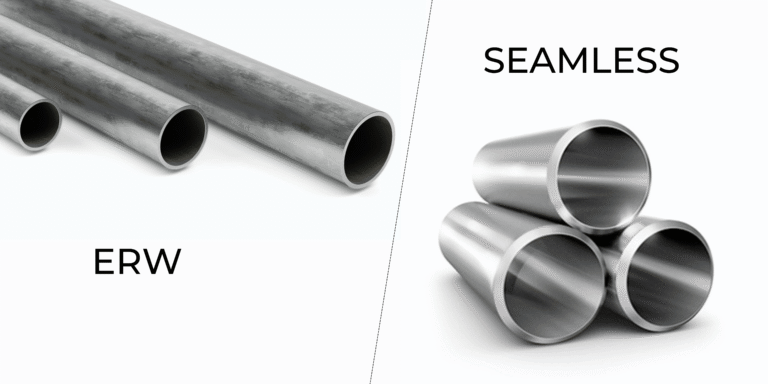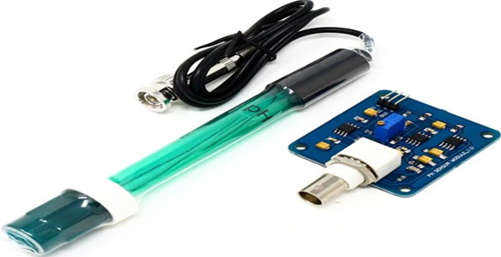CFDs vs Traditional Investments: What Spanish Investors Should Consider

Spanish investors comparing CFDs to traditional investments are looking at completely different animals. Buying stocks means owning part of a company, receiving dividends, and having voting rights. CFDs mean owning nothing except a bet on price direction. Traditional investors buy BBVA shares and hold for years. CFD traders bet that BBVA will drop tomorrow and close the position by lunch. One builds wealth slowly, the other usually destroys it quickly.
Liquidity sounds great until it becomes an addiction. CFD traders can enter and exit positions instantly, no settlement periods, no minimum holdings. Trade Telefonica for five minutes, switch to gold, jump to EUR/USD. Traditional investors might wait days for trades to settle, pay higher commissions, need thousands of euros to diversify properly. CFDs let someone start with 200 euros. The ease of access tricks people into thinking that ease of profit follows. It doesn’t. Quick entry usually means quick losses.
Market timing becomes an obsession with CFDs. Traditional investors mostly ignore daily movements, focus on fundamentals, company earnings, long-term trends. CFD traders stare at one-minute charts trying to catch every swing. They can profit from falling markets by shorting, something traditional investors can’t easily do. Spanish traders see the IBEX dropping and think they’re smart for shorting it. Problem is knowing when to stop. “Markets can stay irrational longer than leveraged accounts can stay solvent.” Markets can stay irrational longer than leveraged accounts can stay solvent.
Risk management with CFDs is like trying to control a fire with gasoline. Stop losses sound protective until the market gaps through them. Margin calls arrive at the worst times. Position sizing calculations go out the window when greed kicks in. Traditional investments can lose value, but they don’t usually go to zero overnight. Stocks might drop 20% in a bad year. Leveraged CFD positions can lose that in minutes. Spanish traders learn about margin requirements after they’ve already breached them.
Costs eat returns differently. CFD spreads look tiny until you’re trading multiple times daily. Overnight financing charges accumulate. Commission-free trading isn’t truly free when the spread is wider. Traditional investing costs more upfront but bleeds less money long-term. Buy Santander shares, pay commission once, hold for years. Trade Santander CFDs daily, spread costs add up. Hold overnight, financing charges hit. Active traders convince themselves volume overcomes costs. Their account statements suggest otherwise.
CNMV regulates both but with different focus. Traditional investments get prospectus requirements, audit standards, corporate governance rules. CFD regulation focuses on protecting inexperienced traders from themselves through leverage limits and risk warnings. Neither prevents losses. Spanish investors trust regulation too much. They assume CNMV approval means safety. It just means paperwork was filed correctly. Regulated brokers still see most clients lose money. The protection is minimal, mostly theatrical.
Technology made both more accessible but CFDs particularly dangerous. Online CFD trading platforms look like video games now. Red and green numbers everywhere, badges for placing trades, profit counters spinning like Vegas slots. Traditional investment platforms look boring in comparison. Quarterly statements, dividend notifications, annual reports. One encourages constant activity, the other patience. Spanish traders download CFD apps thinking they’re investing, but they’re not. They’re speculating with borrowed money on short-term price movements.
The choice isn’t really comparable. It’s like asking whether Spanish investors should buy real estate or lottery tickets. Traditional investments build wealth over decades. CFDs basically move money from amateur traders to market makers. Sure, some professionals make money hedging or running specific strategies, but they’re not the target audience. Most Spanish retail traders just lose money faster than they would with traditional investments. The flexibility and leverage seem attractive. The results rarely are. Online CFD trading keeps growing anyway because hope triumphs over statistics.






